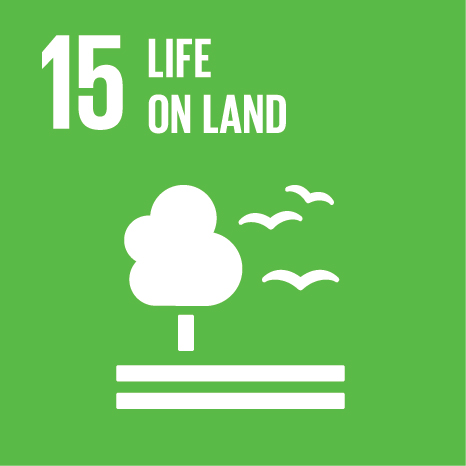Ciência_Iscte
Publications
Publication Detailed Description
Urban green space: creating a triple win for environmental sustainability, health, and health equity through behavior change
Journal Title
International Journal of Environmental Research and Public Health
Year (definitive publication)
2019
Language
English
Country
Switzerland
More Information
Web of Science®
Scopus
Google Scholar
This publication is not indexed in Google Scholar
Abstract
Urbanization, costs of green space maintenance, and diminishing connection between people and nature all exert pressures on urban green space. This is regrettable as green space has the potential to create wins for environmental sustainability, health, and health equity. This paper explores this potential triple win and investigates how to increase the use of urban green space through behavior change. A narrative literature review was conducted and was supplemented with literature suggested by experts. Results show that creating well-designed green spaces and stimulating people to use them can indeed deliver this triple win. Providing accessible, attractive, well-maintained green space with room for socialization, and where people feel safe, may increase the opportunity and motivation of people to use it more often. Informing and educating people and organizing activities may increase capability (and motivation) to use green space. Since the use of green space depends on life stage, lifestyle factors and individual values, it is important to involve potential users in its design. We recommend a specific focus on those groups who may benefit most from the use of green space. More evaluation is needed to inform effective green space interventions and to assess related economic, social, and environmental benefits.
Acknowledgements
--
Keywords
Green space,Health,Environmental sustainability,Health equity,Behavior change
Fields of Science and Technology Classification
- Earth and related Environmental Sciences - Natural Sciences
- Biological Sciences - Natural Sciences
- Health Sciences - Medical and Health Sciences
Funding Records
| Funding Reference | Funding Entity |
|---|---|
| 667364 | Comissão Europeia |
| UID/PSI/03125/2013 | Fundação para a Ciência e a Tecnologia |
Contributions to the Sustainable Development Goals of the United Nations
With the objective to increase the research activity directed towards the achievement of the United Nations 2030 Sustainable Development Goals, the possibility of associating scientific publications with the Sustainable Development Goals is now available in Ciência_Iscte. These are the Sustainable Development Goals identified by the author(s) for this publication. For more detailed information on the Sustainable Development Goals, click here.

 Português
Português




